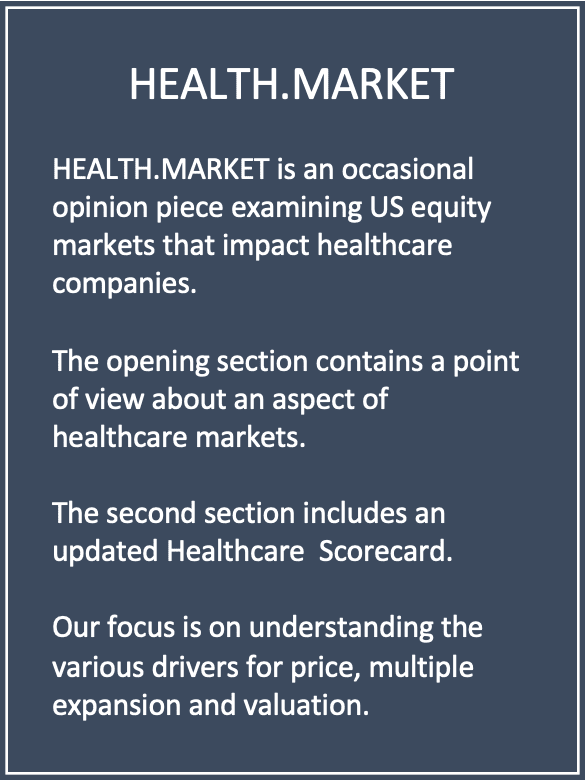Green Room Technologies
Turning Good Ideas into Good Business.
Green Room specializes in business, market and technology readiness. Our clients are health tech companies with medical device and software products and investors interested in health technology. Our services enhance innovation, interoperability, growth and investment potential.
The Health Tech Market: A US Equity Market Point of View

VC-PEs, Valuations, IPOs, SPACs
What do VC-PEs, Valuations, IPOs, SPACs have to do with health tech? Health tech and biotech companies getting funding and going public.
In 2019, funding in digital health went down around 10% compared to 2018 according to Rock Health. https://rockhealth.com/ In 2019 359 VC funded deals raised $7.4 billion and there were 6 IPOs after 3 years of having none.
Keep this in mind when you hear people talking on the business news discuss normalizing to 2019 as a benchmark anchor of economic performance.
In 2020 with 440 VC funded deals, $14 billion was raised and IPOs and Mergers went up significantly. Through 3 quarters in 2021 $21 billion across 541 deals has been VC funded with an average deal size of $39 million and at least 29 have come public by IPO and SPAC.
One could rightly ask what happened to valuations? And that’s the right question. Can private valuations continue to rise at the current rate while public valuations plummet?
There is clearly a lot of so-called dry powder in VC and Private Equity funds waiting to be invested in 2022. So, it may get a little more irrationally asymmetric before conditions rectify.
In the usual case, the highest valuations occur in the public markets. The sort of divergence we see now between VC-PE pre-public valuations and public market valuations always corrects itself in time. When the hammer comes down, you generally want to be somewhere else.
Early-stage valuations of pre-public market companies in 2021 have increased exponentially, especially in the top quartile. The separation between the median and top quartile deal is now about 5 times with huge investor crowding happening in the biggest deals.
In the meantime, a record number of health tech companies completed an IPO in 2021 so far and a greater number came public via the SPAC route – special purpose acquisition companies. https://www.investopedia.com/terms/s/spac.asp
The public markets have not treated these new companies well. And the crop in front of them from 2019 and 2020 likewise have mostly been pummeled. The marquee names like Teladoc (TLDC) at (-)54% YTD and Amwell (AMWL) at (-)76% YTD are illustrative that the public markets are more demanding.
Digital health companies are learning that revenue growth, market development, and even profits, a rarity, are important in maintaining pace in the competitive public markets for investor dollars. After the hype and the boost from Covid they must show that products not only work but generate both clinical and business value leading to sustained growth and profit.
An alternative is what is expected in 2022, massive consolidation in health tech and biotech.
Some new IPOs with big names and big losses in their stocks since coming public this year include Clover Health (-) 70%, Bright Health (-) 76% and Oscar Health (-) 77%. The losses are breathtaking. One thinks that if the exit performs so poorly, why are valuations being bid up so fast in the private market?
Biotech is a beast all to itself. Many of these firms went public via SPAC route this year. Most of the time when these firms enter the public market, they are pre-revenue and have no products to sell. IPOs are possible and frequently done for the hottest concepts, but SPACs were tailor made for this industry group even if not for the uninformed investor.
SPACs are not new in concept but the current version of reverse merger has some distinct advantages especially for the sponsoring entities. Clearly, the people who put the SPAC deal together make money. The private equity firm that sponsors the index company makes money. The investment bankers make money. Usually even the principals of the index company make money.
Who isn’t making money for the most part are the post launch investors. Taking all comers only 34% of all IPO stocks are trading above their initial public offer currently. The number is lower for SPACs.
Without going too deep, to go public by SPAC requires less financial rigor than doing an IPO. Conversely, the only way a SPAC-public company can support their stock price is if they can generate super-normal revenue and EBITDA growth. To the uninitiated investor not part of the original deal, there are pitfalls aplenty that inhibit the stock price from going up in the absence of extremely good growth.
There is one last fallout from this massive move from private to public market for health tech and biotech stocks and their subsequent massively poor performance. The public market for biotech (XBI, IBB) and medical devices (IHI, XHE) has been terrible this year. This is in part due to the massive amount of new stock issue in these areas. When huge amounts of new stock hit a sector or industry group, the total amount of money invested in these areas doesn’t increase by the same amount. Stock prices go down.
Send comments or questions to [email protected]
Disclaimer: The information in Green Room Technologies’ public blogs and reports is obtained from third-party sources and believed to be reliable but accuracy and completeness are not guaranteed. Unintended errors or misprints may occur. All reports are for educational or informational purposes only and do not imply any investment, legal or other advice or recommendation. Each reader needs to review their own strategy and situation and perform their own research and analysis before using this information and opinion in any personal or corporate decision-making process or activity. All expressions of opinion are subject to change without notice. Green Room Technologies and its members are to registered investment advisors or broker/dealers and the opinions should not be construed as investment advice nor to replace advice from professional advisors.


